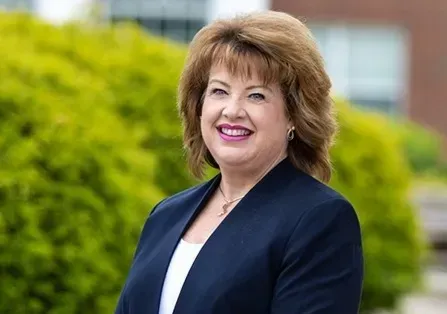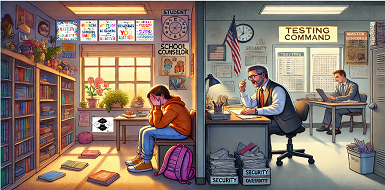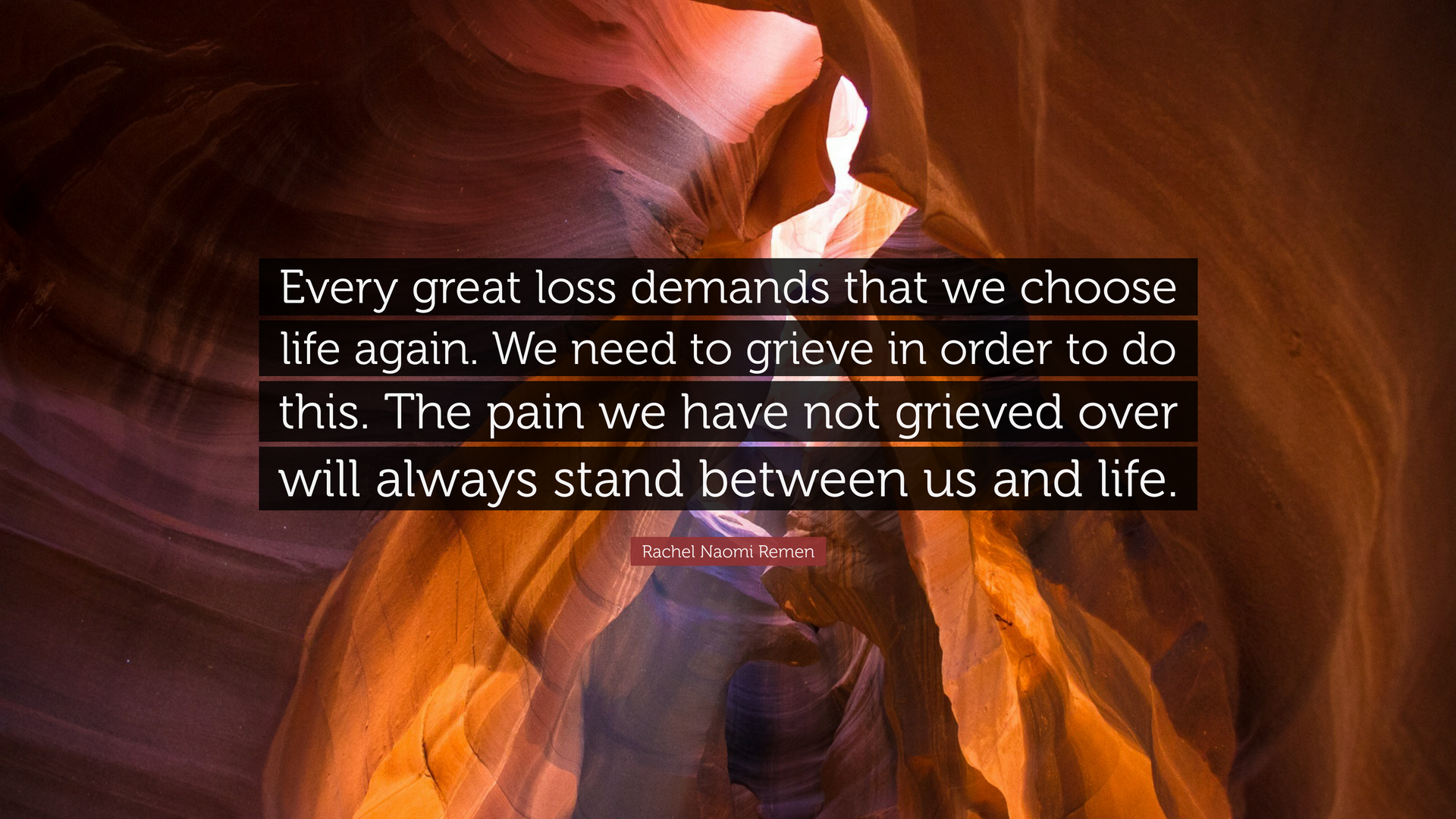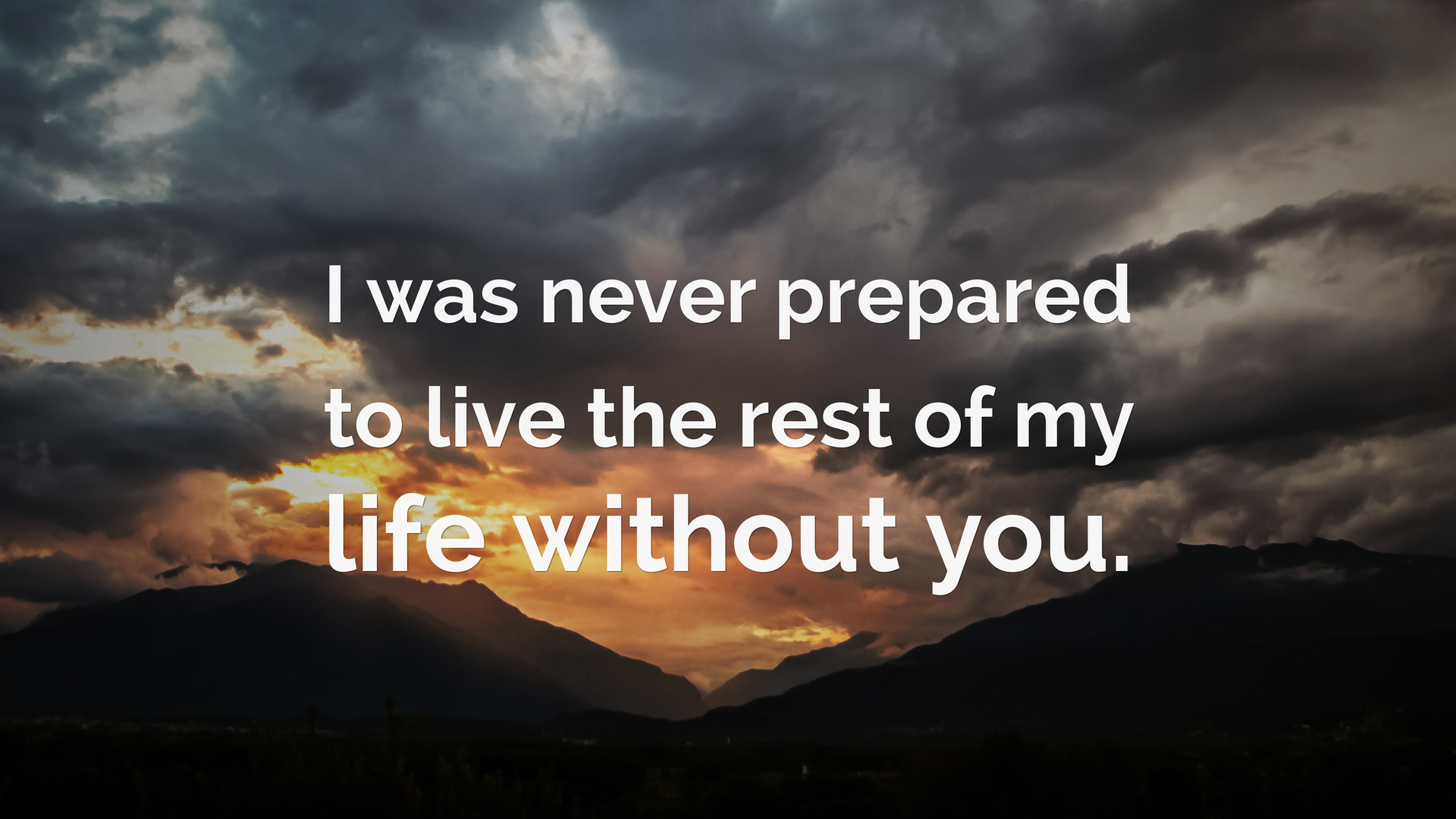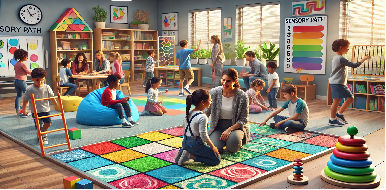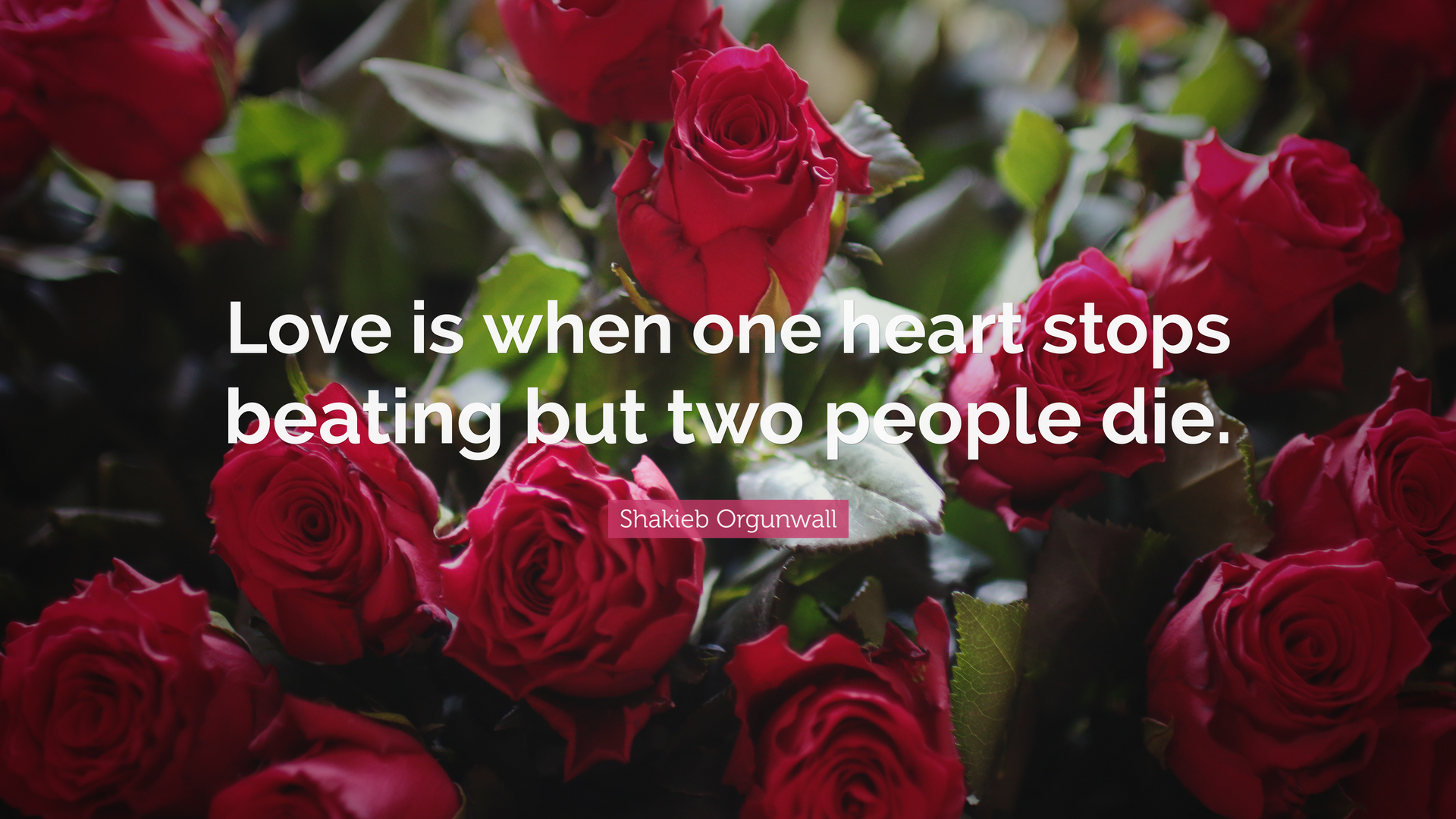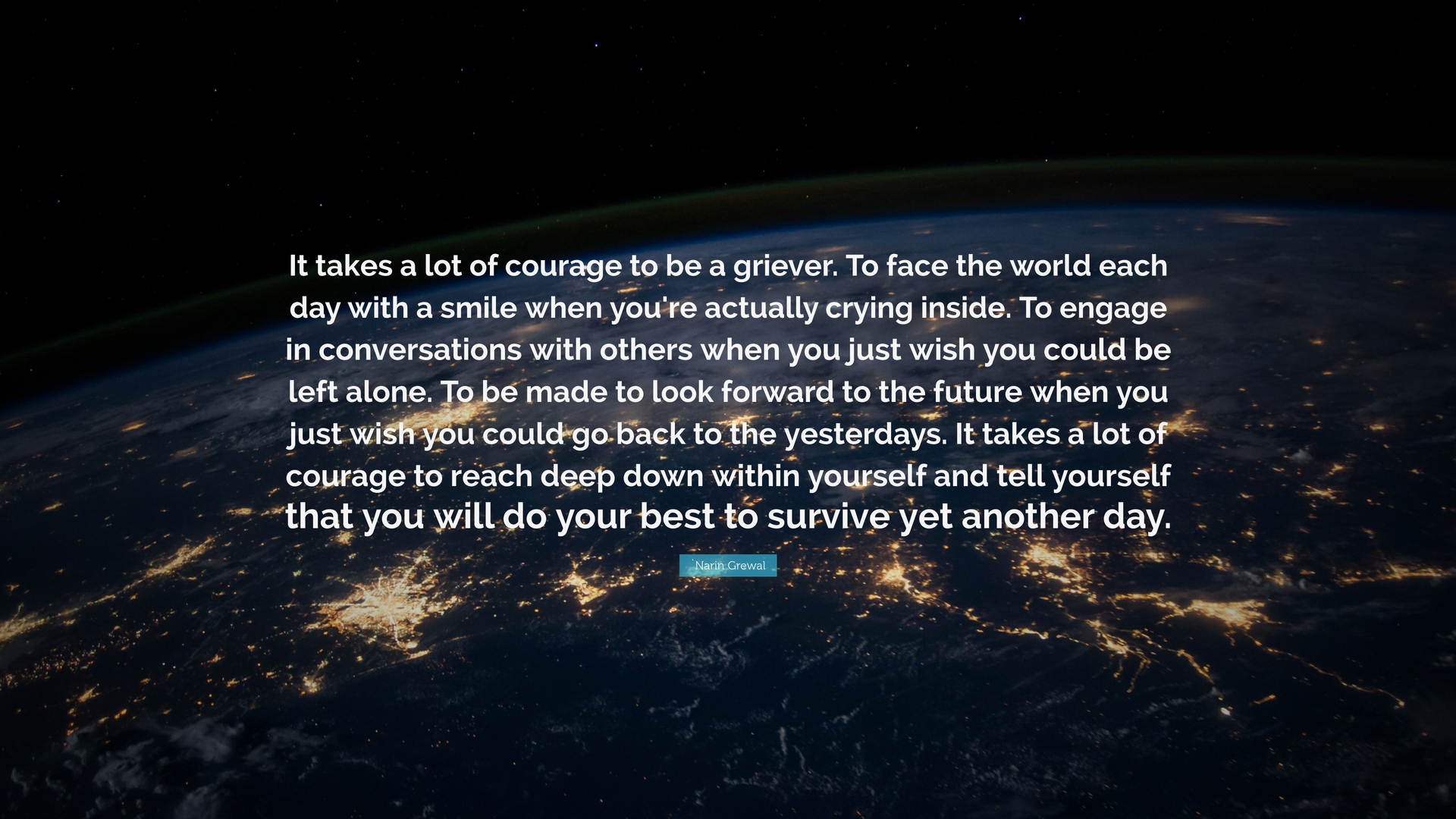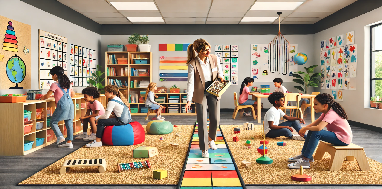Susan Rardon
Rose, Ph.D.
Grief: Its Impact on Every Fiber of Our Being
Grief is not just an emotional experience!
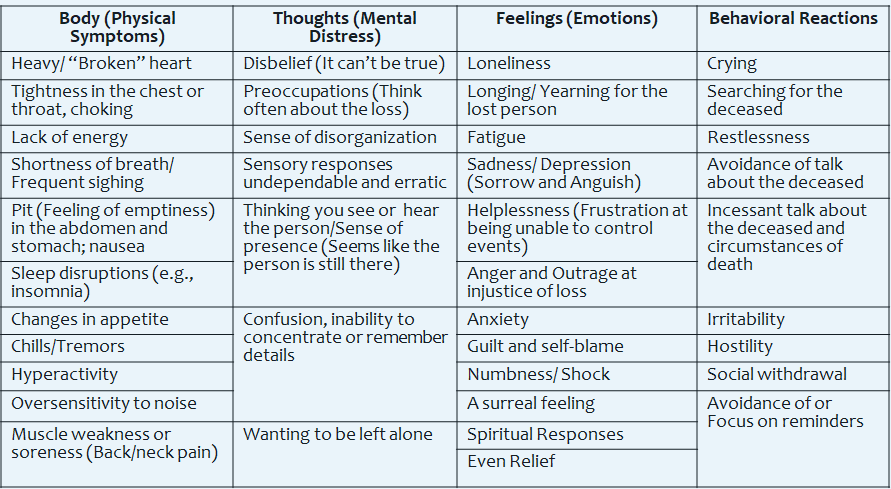
Grief affects every fiber of our being. From physical symptoms to mental distress, emotional turmoil to behavioral changes, grief manifests in ways that touch every aspect of who we are. And while there are "normal" reactions to grief, the impact of out-of-order or intense losses can be even deeper and more complicated, demanding our attention and care.
The Physical Impact of Grief
Grief often shows up in our bodies in unexpected ways. Fatigue, headaches, changes in appetite, and even physical pain can all be manifestations of the weight of loss. Our bodies bear the brunt of our emotional and mental struggles, sometimes making it hard to separate grief from illness. Understanding that these physical symptoms are part of the grieving process can help us approach them with compassion and seek the care we need.
The Mental Toll
Grief can cloud our thoughts and disrupt our ability to focus or make decisions. Grief fog is a real thing! It’s common to feel forgetful, scattered, or overwhelmed. These mental struggles are a natural response to the shock and adjustment that loss brings. For those dealing with particularly complicated grief — such as losing someone suddenly or at an unexpected time — the mental toll can be even greater, leading to feelings of disorientation and a deep sense of unreality.
Emotional Turmoil
The emotions of grief are as varied as they are intense. Sadness, anger, guilt and so on can ebb and flow, sometimes all within the same day. These emotions are not linear; they circle back, overlap, and evolve as we navigate the journey of loss. Out-of-order losses, such as the death of a child or a partner at a young age, can amplify these emotions, making it even more challenging to find balance.
Behavioral Reactions
Grief influences our actions and behaviors, often in ways we don’t immediately recognize. Avoiding social situations, withdrawing from activities we once enjoyed, or even engaging in impulsive or maladaptive behaviors can all be responses to grief. These behaviors are signals of our need to process and cope, highlighting the importance of giving grief the attention it demands.
The Compounded Complexity of Out-of-Order Losses
All losses are unique. When grief stems from an out-of-order or particularly intense loss, the impact can be even more profound. These losses challenge our sense of normalcy and fairness, often leaving deeper emotional scars that take longer to heal. They disrupt our assumptions about the way life should unfold, forcing us to confront the fragility and unpredictability of existence. These profound losses may also bring a sense of isolation, as the uniqueness of the situation can make it difficult for others to fully empathize or offer support. In such times, finding a safe space to express these emotions—whether through counseling, trusted relationships, or personal reflection—becomes vital for beginning the healing process. They require a heightened level of patience and self-compassion as we navigate the layers of pain and adjustment.
Finding Hope in the Journey
While grief is heavy and multifaceted, it also presents an opportunity to grow and honor the love we’ve lost. By understanding and addressing its impact on our body, mind, and heart, we can begin to integrate grief into our lives in a way that allows us to move forward without forgetting. Each step we take toward healing is a testament to the strength and resilience of the human spirit.
Final Thoughts
Grief is a complex and all-encompassing experience. It touches every part of who we are, reminding us of the depth of our love and the fragility of life. By recognizing its physical, mental, emotional, and behavioral impacts, we can approach it with compassion and the understanding that healing takes time. Out-of-order and intense losses may complicate the journey, but they also underscore the importance of giving grief the attention it deserves. In doing so, we honor our loved ones and choose life amidst the storm.
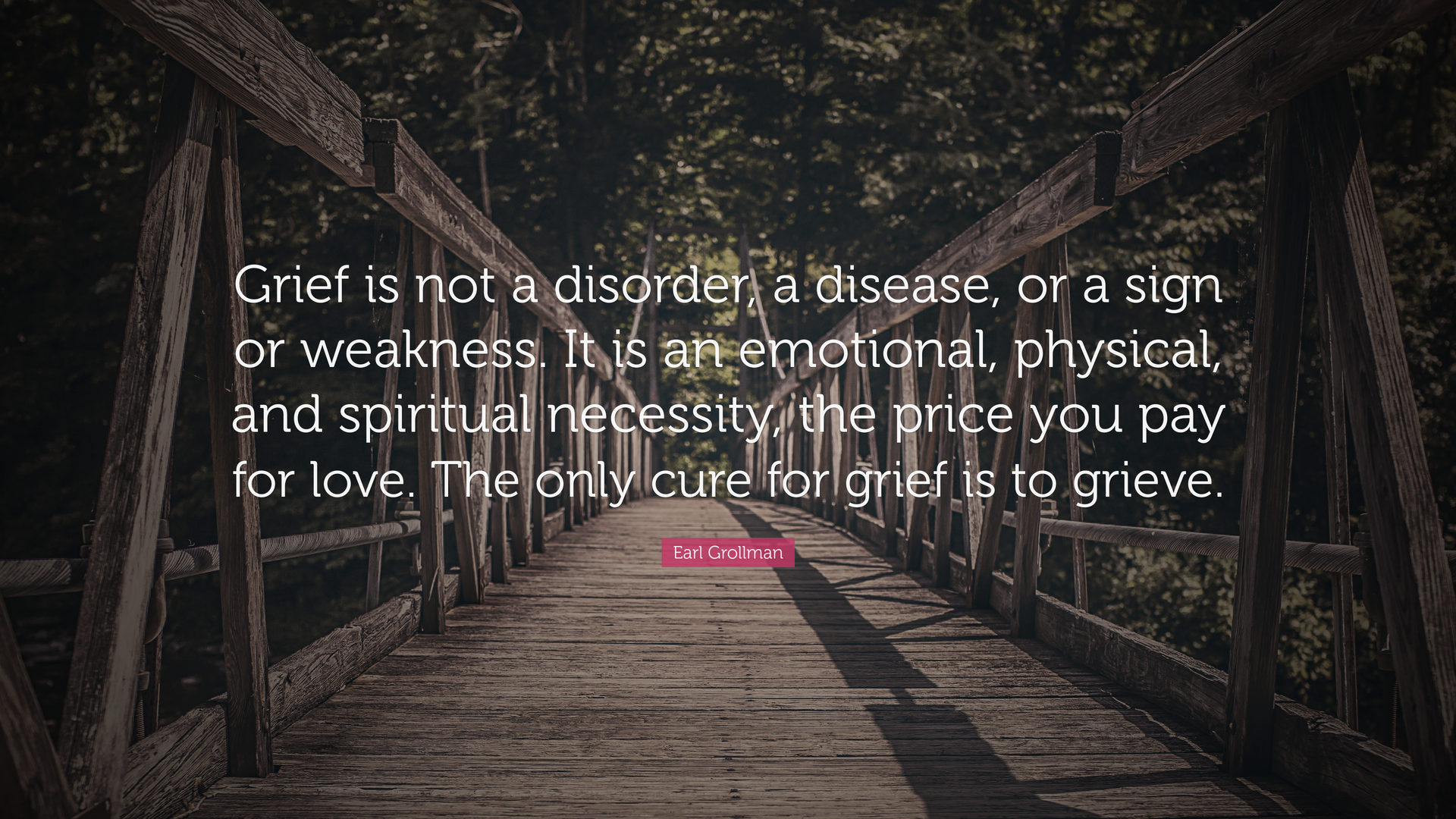
I am a school counselor turned counselor educator, professor, and author helping educators and parents to build social, emotional, and academic growth in ALL kids! The school counseling blog delivers both advocacy as well as strategies to help you deliver your best school counseling program.
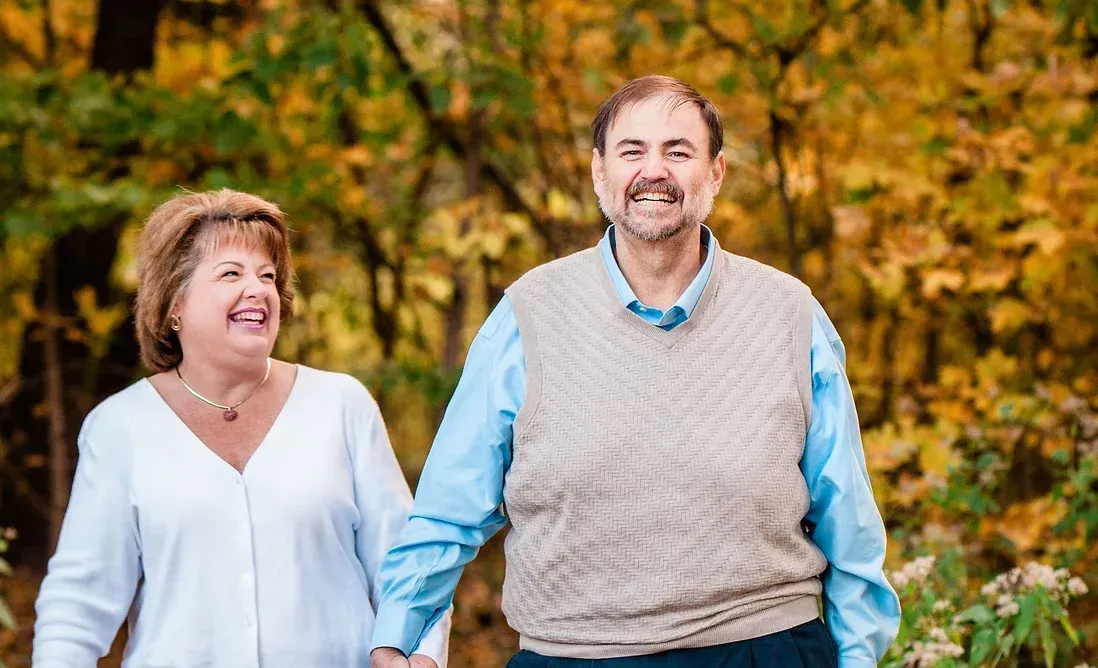
I'm a mother, grandmother, professor, author, and wife (I'll always be his). Until October 20, 2020, I lived with my husband, Robert (Bob) Rose, in Louisville, Ky. On that awful day of October 20,2020, my life profoundly changed, when this amazing man went on to Heaven. After Bob moved to Heaven, I embraced my love of writing as an outlet for grief. Hence, the Grief Blog is my attempt to share what I learned as a Counselor in education with what I am learning through this experience of walking this earth without him. My mission is to help those in grief move forward to see joy beyond this most painful time.
Useful Links
